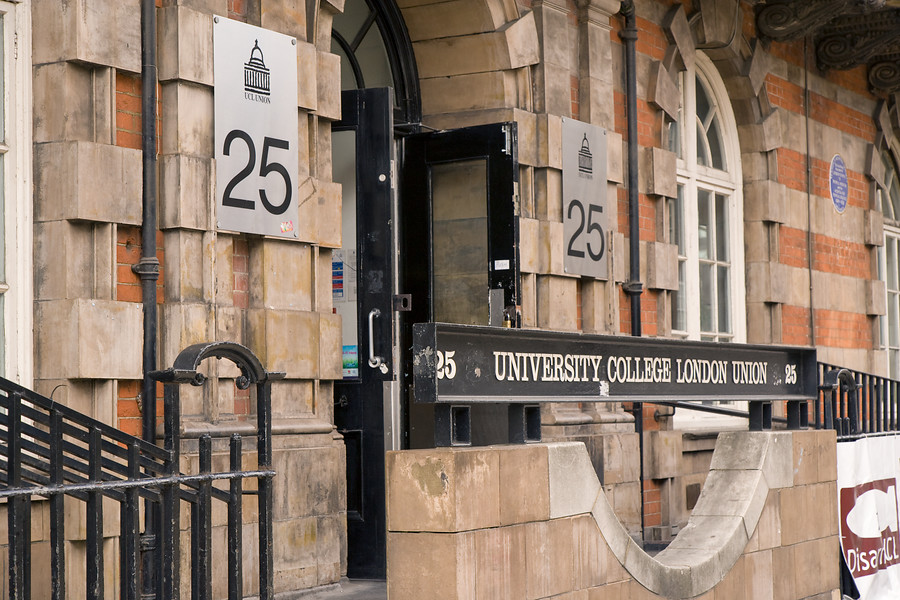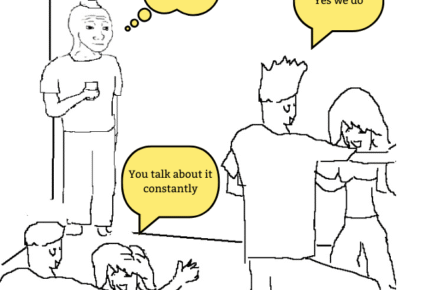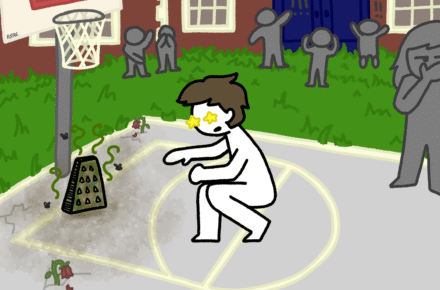

One word echoed recently throughout Cheese Grater articles captures the essence of our Students’ Union: apathy.
There needs no further description of the lack of candidates and voter enthusiasm during the recent elections, despite constant calls for greater participation. From this, one thing is clear: that the Students’ Union has failed to engage our students due to its absence from campus life.
There is no doubt that the Union plays a key role in representing our 51,000-strong student body, but rarely is its presence seen aside from events such as Vote Week. Some of its most important board meetings take place behind closed doors, leaving us with little knowledge of issues discussed, and with it, no chance to voice our opinions directly to our representatives. As a result, communication between the Union’s leadership and the student body is nearly non-existent, which in turn causes students to dismiss the Union as irrelevant.
This dismissal is the fundamental reason behind our lack of electoral enthusiasm. Calling for more people to run or vote for a position may slightly increase voter turnout, but this effect is temporary, and the student body will return to its normalised state of apathy the minute elections are over. As a result, there will be no significant improvement to the Union, as few are willing to actively create initiatives benefiting our community or hold their representatives’ promises to account.
Another factor contributing to this state of lethargy is the lack of internal communication. With thousands of student representatives across different sectors, our Students’ Union is by far the largest in the UK. Yet we have not observed many cases of joint projects from academic reps within the same faculty, let alone collaboration among the numerous networks comprising the Union. This reflects that the Union, despite its sheer size, is unable to co-ordinate a large number of its officers to tackle a specific problem. It not only indicates a lack of internal communication, but also a hugely inefficient use of its manpower.
Our Union’s greatest strength lies not in its long history, big budget or numerous commercial establishments, but in its massive and diverse team, most of whom joined with grand ambitions of improving student life and are willing to devote time and energy to realise these dreams. Yet it lacks an infrastructure empowering them to do so by collaborating with each other and the wider student community. In this way, the Union has let all of us down.
One phrase best summarises this situation: a lack of cohesion. Such a lack of cohesion is creating a negative feedback loop, where inadequate communication hinders representatives from knowing the student body’s needs, and joining together with others to create initiatives to address them. As a result, the Student Union falls into inaction, and the situation remains the same year after year. No amount of voting will ever solve these issues-they are a structural problem.
Despite this, recent events show that the Union still has ample power to improve our lives, so long as it acts cohesively with the student body. This is reflected in student advocacy for improved infrastructure at my accommodation. There, students rallied together on social media, contributing their ideas into a joint proposal, supported by the Students’ Union, to repair dilapidated facilities and gain compensation for the damage. Such a project was a great example of what a cohesive initiative looked like. Widely mobilised was the student community, through social media, to provide and discuss ideas. This factor was the most important reason why the project was effective: it allowed for greater enthusiasm from a larger number of participants, which led to exchanges of ideas, democratic decision making and as a result, suggested policies that fitted our needs.
While not all the conditions listed in the proposal were met, it still reflects that we have massive power in our hands to drive forward change, as long as we unite together to work under the same goal.
What better platform is there than the Union to achieve this? Yet for it to happen, it is most urgent that we establish a link between the Union and the student body. These “linkages” are systematically established channels of communication, where students could join with their representatives to create and implement initiatives to improve student lives. They could be organised as a co-ordinated network of small committees or forums formed by at least one representative and their constituency, organized by faculty of interdepartmental communication, or on specific issues such as sustainability or international student welfare. What is important is that they empower representatives to freely communicate with students and other Union officers alike, leading to publicly transparent discussions and consultations that allow participatory decision making. Ultimately this stems into creating proposals from the bottom up, and mobilising students from all walks of life to participate in executing them.
Forging a system that fosters student participation in Union activities is our quickest way through the apathy crisis. With our large community of public-minded students keen to make a difference, one thing is certain: as long as we establish a tradition of civic participation at UCL, a proud Union by students, of students, and for students will remain an eternal part of campus life.








